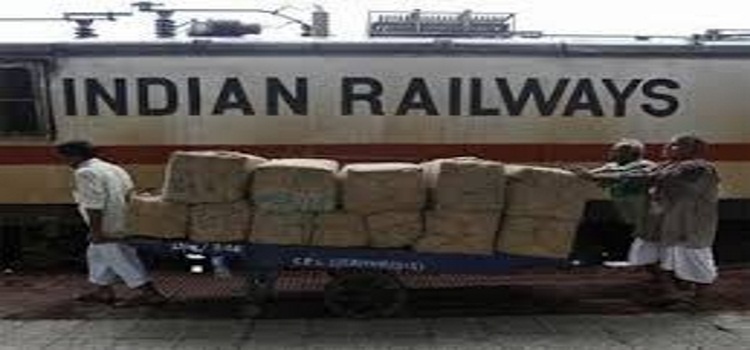
The Indian Railways is expected to post total revenue of Rs 1.8 Lakh crore in the current fiscal year, slightly short of initial target but 10% more than what it reported last year.
A spike in coal loading and strong showing in the passenger category are driving the performance, Railway Board’s Member-Traffic Mohd Jamshed told. In the year ended March 31, 2017, the railways posted revenue of Rs 1.64 lakh crore.
The target set in the government’s budget for this was Rs 1.88 lakh crore, which has now been revised to Rs 1.8 lakh crore.
Slower economic growth has not dented the railways’ business to the extent expected. The economy grew 6% in first half of fiscal 2018, down sharply from 7.7% in the same period last year.
It expects Rs 1.12 lakh crore of the total revenue to come from freight loading and Rs 48,000 crore from passenger traffic. The remainingRs 20,000 crore would be from non-fare revenue cell, scrappage, monetising of railway land and compensation from the finance ministry for operating loss-making strategic rail lines in Kashmir and the north eastern states.
In the last financial year, it made Rs 1.04 lakh crore by loading nearly 111 crore tonnes of freight and almost Rs 46,000 crore from passenger traffic. The remaining Rs 14,000 crore came from non-fare segments.
In the current financial year, the railways is expecting to load 115.5 crore tonnes of cargo.
Though this would be 1 crore tonnes short of its target of 116.5 crore tonnes, the railways is hopeful of an uptick in the last quarter as loading picks up generally in February and March.
“Last year we saw unprecedented growth in March. We could expect the same this year. However, a lot depends on foggy months of December and January,” Jamshed said.
In the non-fare segment, the railways is expecting to generateRs 2,000 crore as licencing fee from the Rail Land Development Authority, the organisation responsible for monetising railway land.
Dynamic pricing in select trains and the launch of several new premium trains have helped boost revenue from the passenger segment, Jamshed said.
The railways is losing Rs 800 crore a year after service charges were waived on digital ticket booking, he said
